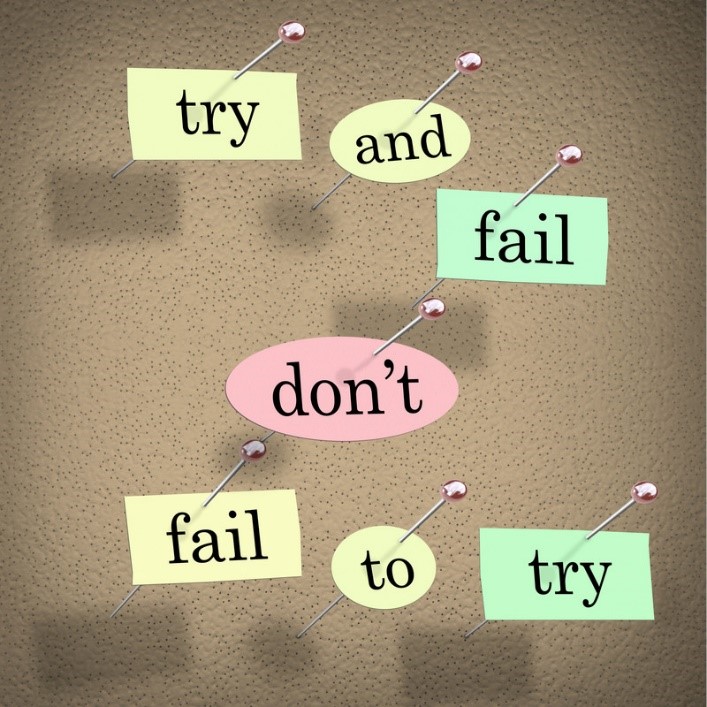When stuff fails to go our way, the knee-jerk reaction is to complain about the situation. Surely … it’s someone else’s fault that we fell short.
For some people, a failure, even when minor, is enough to stop them from trying anymore. It’s far better to stay in their comfort zone where failing is unlikely to happen.
Think about it … it’s hard to fail when one does nothing.

Lack of Commitment
A study from USA Today asked people to report on average how many hours per day they committed to doing the work they are assigned.
Interestingly, the answer was about 3.5 hours daily. This means that the majority of these individuals spent 5.5 hours of the workday doing something else, and perhaps nothing.
Does this surprise you? I’ve shared this information with many of my students over the years, who confirmed 3-to-4 hours is about the average amount many people spend doing work-related activities. I understand there are occupations where slacking is hard to do, such as with a doctor or nurse tending to patients during their shift.
Commitment
When working for a major insurance and investment company here in San Antonio, I learned first-hand examples of commitment in action from a dedicated team.
I was hired as an IT Staff Analyst and was soon assigned the $11.5M budget for the IT department. The person who handled the budget resigned unexpectedly, and my manager remembered that my MBA was in Finance, so it was obvious to him I should take on this responsibility.
Therefore, I’m now in charge of my day-to-day IT Staff Analyst duties and the budget for the IT department. During the budget planning cycle, which lasted about 4 months, I easily allocated 40 hours a week to this work. Completing the analyst work meant working overtime, and sometimes less important tasks went undone.
In the midst of an intense budget period, I remained committed to both the budget and analyst work. However, it was clear I was quickly falling behind.
In this moment, Ken and Mel, colleagues working near me, showed me the value of true commitment. They were dedicated to the business and the success of all. When they noticed I was drowning with work, they immediately jumped in to lend a helping hand. Beyond their own work commitments, they saw a need and were committed to the success of the overall team.
Ken said, “Jimmie, I can help you input financial data into the spreadsheet so you can meet the 5 p.m. deadline.”
Mel followed, “I can also help check the numbers to make sure they are accurate.”
I learned the importance of commitment. These two colleagues wanted me to succeed, and they didn’t care to receive any fanfare for it.
Going above and beyond their own work, they jumped in where there was a need showing they were truly committed to the success of the business and team.
Takeaways
In contrast to commitment, like quitting, complaining requires little skill. In fact, most people can learn how to complain without any training whatsoever.
Differently, commitment is harder. Learning how to commit to something can be improved markedly by merely practicing. The more we accept challenges, the more we develop this important trait.
One more thing … commitment is noticeable, obvious, and clear. Instead of waiting for the manager to propose a difficult project or task, it’s better to seek out these opportunities.
It will be a challenge, to be sure, but the potential for personal and professional growth are boundless.
